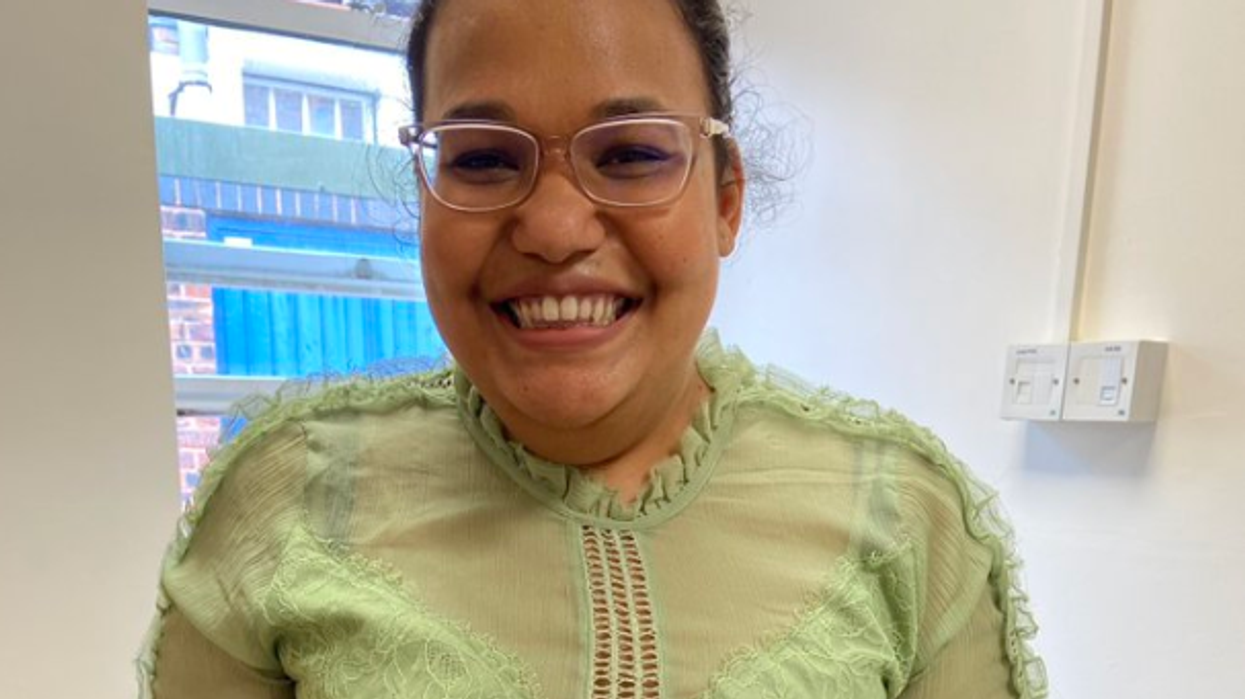NHS England's top medical training official has issued a heartfelt apology to the relatives of Dr Vaish Kumar, 35, who took her own life. Dr Kumar faced undue stress after being incorrectly informed that she had to undergo an additional six months of training before she could commence a new position.
This misinformation necessitated her continued presence at Queen Elizabeth Hospital (QE) in Birmingham, a setting where, according to an inquest, she experienced demeaning treatment from fellow staff members, the BBC reported.
In communications with Dr Kumar's grieving family, NHS leadership conceded the error regarding the training requirement.
Dr Navina Evans, chief workforce and training education officer for England, expressed deep regret over the oversight, stating in a letter to the Kumar family, "I wish to unreservedly apologise for these mistakes and for the impact they would have had."
She emphasised the organisation's commitment to learning from this incident to prevent similar failures in the future, promising action not just in the Midlands but nationwide.
The loss of Dr Kumar, who had assumed the role of chief registrar at Sandwell and West Birmingham Hospitals amidst the challenges of the Covid-19 crisis, has deeply affected her family and colleagues.
They revealed this year, that she left behind a note attributing her despair and subsequent death entirely on the hospital where she worked.
In November 2022, it was revealed at the Birmingham and Solihull Coroner's Court that her difficulties began in December 2021 upon discovering that her training period at QE was to be prolonged, a revelation that came as a shock and exacerbated her sense of being trapped in a "toxic" work environment.
Her father, Dr Ravi Kumar, contends that his daughter's life could have been spared if she had been allowed to leave the hostile atmosphere of QE as initially planned.
Dr Kumar was celebrated for her exemplary mentorship and leadership among junior doctors, qualities that her family who live in Leicester feels were overshadowed by the negative environment at QE.
The inquest into her death brought to light allegations of a pervasive toxic culture within University Hospitals Birmingham (UHB), the trust overseeing QE, which has since faced intense scrutiny.
Following these revelations, and in response to Dr Kumar's tragic death, UHB has extended its condolences, recognising Dr Kumar as a compassionate and esteemed physician whose dedication to patient care left an indelible mark.
The trust has acknowledged the necessity of addressing and learning from the "unacceptable behaviours" uncovered.




